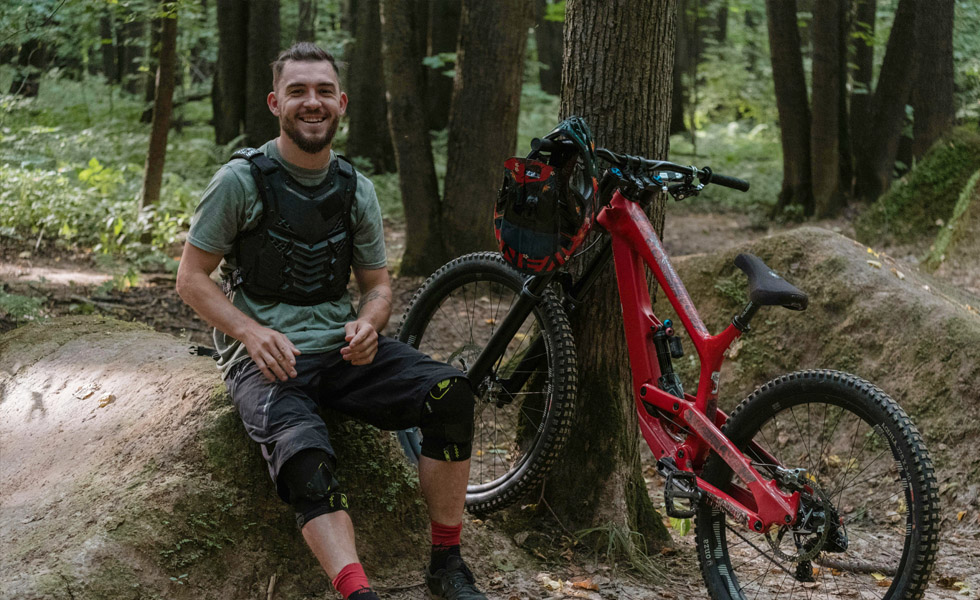A Journey Towards Healthier Coping

Alex had always been known for his strength and resilience, but life had recently presented him with a series of daunting challenges. Work pressures, family responsibilities, and personal doubts all seemed to collide, leading to a noticeable increase in his anxiety and stress levels. For a while, Alex turned to unhealthy coping mechanisms like: substance abuse, unexcused absences from work, and withdrawing from friends and family. These behaviors provided temporary distraction but left him feeling more isolated and disconnected.
Realizing he needed a change, Alex sought professional help. He began working with an ARMHS practitioner at Reach, to develop a plan to replace his unhealthy habits with healthier ones. The journey was not easy, but Alex was committed to improving his mental well-being.
The first step was identifying the triggers that led him to unhealthy coping mechanisms. With guidance from his ARMHS practitioner, Alex started keeping a journal, documenting situations, thoughts, and feelings that triggered his stress and anxiety. This practice helped him gain insight into his emotional patterns and recognize the moments when he was most vulnerable.
Next, Alex and his ARMHS practitioner focused on building a toolbox of healthy coping strategies. He began by incorporating regular physical activity into his routine. Alex joined a biking group, which met every Friday evening to mountain bike. The combination of exercise, fresh air, and social interaction provided a welcome break from his daily stressors and boosted his mood.
In addition to physical activity, Alex explored meditation. Reach’s ARMHS practitioner introduced him to guided meditation techniques, which Alex found helpful in managing his stress. He set aside time each day for meditation, gradually finding it easier to focus and stay calm during challenging moments.
Alex also rediscovered his passion for playing guitar, which he had neglected over the years. Playing music became a therapeutic outlet, allowing him to express his emotions and unwind. This creative expression was not only enjoyable but also a valuable part of his self-care routine.
As Alex continued to implement these changes, he noticed a positive shift in his overall well-being. The urge to resort to unhealthy behaviors diminished, replaced by a growing sense of control and self-awareness. He felt more connected to himself and others, more attuned to his needs and boundaries.
Of course, the journey was not without its challenges. There were times when old habits resurfaced, especially during periods of intense stress. But Alex had learned to be compassionate towards himself, understanding that setbacks were part of the process. He leaned on his support system, including his ARMHS practitioner, friends, and his mountain biking community, who provided encouragement and reminded him of his progress.
Over time, Alex reflected on how far he had come. The unhealthy coping mechanisms that once dominated his life were no longer his go-to responses. Instead, he had a toolbox of healthier behaviors that not only managed his mental health but also enriched his life.
Alex’s journey will be ongoing, but he feels equipped to face future challenges with the skills he had developed with the help of Reach’s ARMHS Services. For the first time in a long while, Alex felt hopeful and optimistic about the future.
